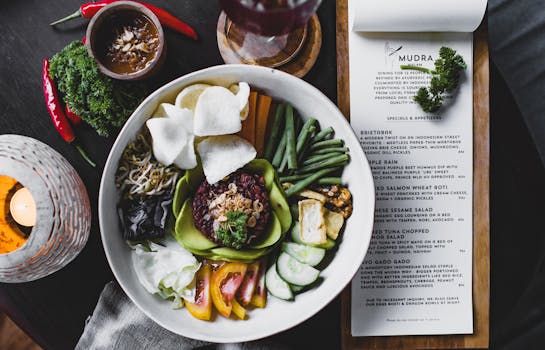
While images of disaster preparedness often feature stockpiles of canned meat and backyard chickens, vegetarians and vegans have a unique advantage: their pantries tend to be full of a variety of foods without the meat! However, navigating a protein-focused emergency situation without animal products requires some extra planning. Here’s a guide to prepping for disaster, plant-based style.
The Pantry Powerhouse:
- Grains Galore: Stock up on staples like rice, oats, and pasta, which if stored properly can be kept long-term. Expand your choices by getting some buckwheat and amaranth. Don’t forget about alternative flours made from chickpeas and lentils.
- Bean Bonanza: Beans and lentils are excellent sources of protein. Explore different varieties, such as black beans, kidney beans, etc., for variety and essential nutrients. Store in BPA-free buckets with gamma-seal lids for long-term storage. Dried beans can last up to a year or frozen to last longer if you’re not storing them for the long haul.
- Other protein providers are peas, quinoa, and, although in lower amounts jackfruit and mushrooms provide some protein.
Techniques and Tips:
- Freeze-Drying: Invest in a freeze-dryer (if your budget allows) to preserve your favorite plant-based foods and complete meals for long-term storage. Commercially available freeze-dried fruits and veggies are also excellent options, but ensure that their content and processes align with your food philosophy.
- Tinned Goods: Canned vegetables, fruits, and coconut milk offer a shelf-stable solution for essential vitamins and healthy fats. Look for low-sodium options for better long-term health. Note that canned coconut milk has a maximum shelf life of five years.
- Long-term Dairy and Non-Dairy Options: In addition to coconut milk, powdered dairy and non-dairy milk and butter substitutes are available for long-term storage but may be pricey, so budget for these items so you can get some for your stash.
- Try Nutritional Yeast Flakes as a non-dairy, shelf-stable alternative for cheese. Kept dry, it can last for two years.
Protein Power Players:
- Soy-based products have been the go-to. Tofu, tempeh, seitan, and textured vegetable protein (TVP) are your vegetarian/vegan protein stars. Learn how to prepare them in different ways to keep meals interesting. TVP is the best version to be stored for a longer-term.
- Storing Nuts: Nuts and seeds provide protein and a healthy fat boost, which can be utilized in many ways, from homemade granola to nut milks to baking. However, due to the oils they contain, they will go rancid, so consume them within six months to a year. Consider buying peanut butter powder for long-term storage and nut butters for added variety and ease of use.
Beyond the Basics:
- Don’t forget the spices! Herbs and spices not only add flavor but can also help preserve food. Make sure to store salt and sugar, too.
- Growing your own vegetables and herbs can provide fresh produce and a sense of self-sufficiency in a disaster situation. You can then up your game by learning how to can, dehydrate, or freeze-dry your harvest to enjoy for the rest of the year and beyond.
The Plant-Based Advantage:
Vegetarians and vegans often have a deeper understanding of food sources and a wider variety of ingredients in their kitchens. This translates to a natural advantage when it comes to disaster preparedness.
Following these tips, you can create a disaster plan that caters to your plant-based lifestyle, ensuring you stay healthy and nourished even in the most challenging situations. Remember, knowledge is power, and your plant-powered pantry can be your secret weapon for survival!



